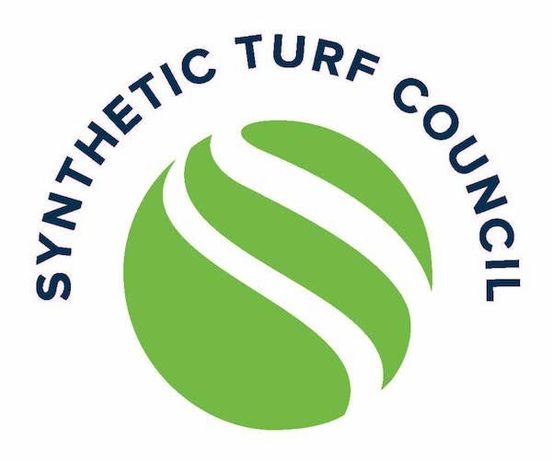World Rugby advice on Shock Pads
In 2015, World Rugby increased the minimum Head Injury Criterion (HIC) requirement to 1.3m. This meant that, given current technologies, for a Rugby Turf system to achieve the required performance in compliance with World Rugby Regulation 22, a shock pad needs to be installed under the carpet.
The primary purpose of a shock pad is to enable the achievement of the HIC requirement. HIC is a measure used to minimise the risk to players from impacting their head on the surface. In addition to this, good quality shock pads provide the following additional advantages:
- Additional assurances that other performance requirements can be easily met
- A reduction in the need for heavy maintenance during the life of the field. This maintenance is still recommended to be completed, but the likelihood of excessive infill compaction is reduced with a shock pad.
- A shock pad can, if usage levels are managed and proper maintenance is completed, extend the lifetime of a carpet meaning that additional years can be achieved before replacement of the carpet.
- While shock pads are a considerable investment, a good quality shock pad will last at least the life of two carpets if not three.
- The final two points in combination can mean a less expensive resurfacing cost and significant savings for investors over the life of two to three carpets.
In addition to the benefits above, a good quality shock pad should be warrantied to last the equivalent of two or more carpet lifetimes. This means that while the cost of a shock pad is significant, the potential added lifespan that the shock pad provides to the carpet can mean that the installation of a shock pad can reduce the overall cost of a field over its lifetime.
World Rugby is not aware of any products that do not have a shock pad and which have successfully completed the laboratory testing protocol as per the current Performance Specification.
Under no circumstances should any field which is required to be compliant with Regulation 22 be installed without a valid laboratory report that indicates that the surface complies fully with the laboratory requirements.
Further information from STC and ESTC on shock pad performance can be found on their knowledge centres (links in the sidebar).
Updated: September 2021






